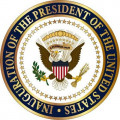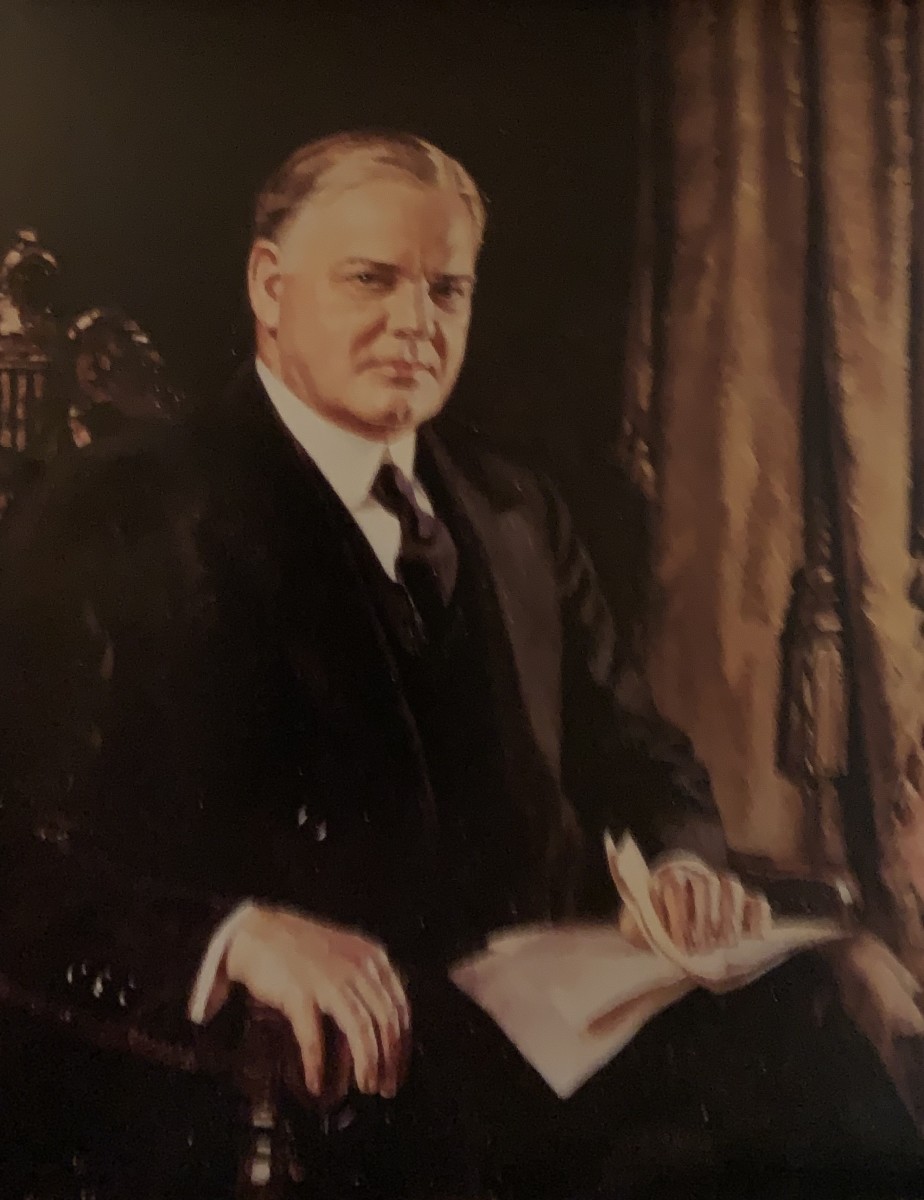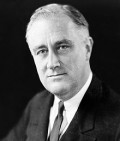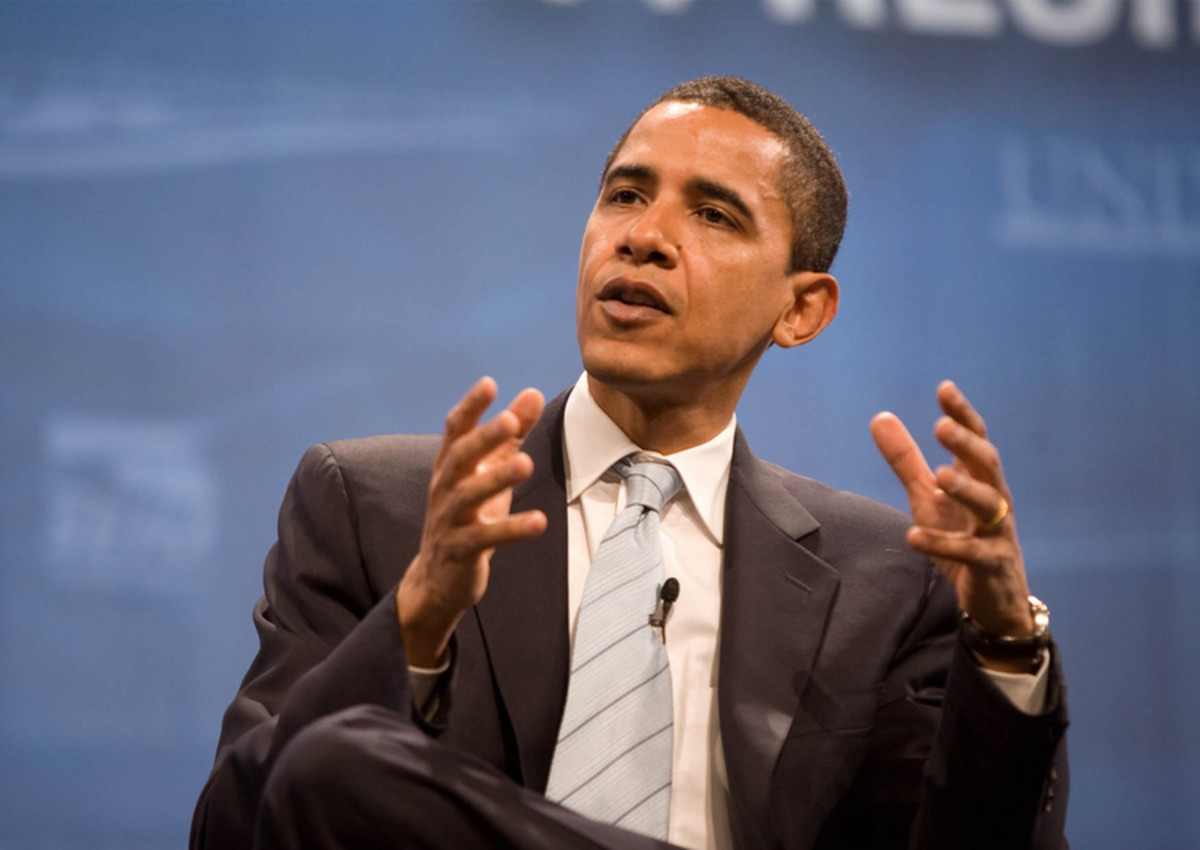Golden Anniversary: The Lasting Theme of Ronald Reagan's 1964 'A Time for Choosing' Speech

Freedom: Reagan's Political Theme
Ronald Reagan’s speech “A Time for Choosing” was not meant to propel its author to greatness. Rather, it was a moment where Americans were reminded of their nation’s significance in the world. Reagan discussed a great many issues that were politically relevant in the mid-1960s. Most of them were a result of the “Great Society” President Lyndon B. Johnson was trying to build with his fellow liberals. Reagan knew these policies were a direct departure from the vision set by America’s Founding Fathers.
“A Time for Choosing” is not simply a speech about political issues. Instead, it is a statement of Reagan’s political beliefs in conservatism. Looking over Reagan’s political career, he did not deviate too much from the principles outlined in his 1964 speech. Thus, it is necessary to look at “A Time for Choosing” by starting at President Reagan’s farewell address. From here it is easy to decipher the meaning of Reagan’s first significant speech and connect its theme throughout Reagan’s political life: freedom.
Reagan Presidential Facts
- First ran for the Republican presidential nomination in 1968
- Oldest person to serve as president (almost 80 when he left office)
- His "Morning in America" television ad won both industry and political acclaim
- Won re-election in one of the most lopsided presidential electoral votes (525-13)
- Had a 65% approval rating when he left the presidency
Reagan’s “A Time for Choosing” speech was not a pure political diatribe meant to propel him into America’s highest executive office. No, it was much more than that. A story told in this speech reveals its underlying theme. Reagan told listeners about a Cuban refugee who escaped Castro’s tyrannical rule. After hearing two businessmen declare how lucky they were to live in America, the Cuban refugee replied, “How lucky you are? I had some place to escape to.” Reagan then presents a thought pregnant with the purpose of America: “If freedom is lost here there is no place to escape to.”
President Reagan knew that America was an unorthodox exercise in political government. He quotes James Madison, who once said “We base all our experiments on the capacity of mankind for self-government.” Under the U.S. Constitution, President Reagan believed that America’s general government was beholden to the sovereign people. It was a unique idea in the world. Nowhere else had this form of government ever been tried. And, of course, President Reagan was not saying anything new about mankind’s desire of freedom and self-government. Instead, he simply echoed the thoughts of others who saw the same opportunity in America.
Two groups of early settlers – one of which Reagan would reference in a 1974 speech – came to the New World in search of religious freedom. John Winthrop, an early settler and co-founder of the Massachusetts Bay Colony, wrote, “We will be as a city upon a hill. The eyes of all people are upon us, so that if we deal falsely with our God in this work we have undertaken and so cause Him to withdraw His present help from us, we shall be made a story and a byword throughout the world.”
Settlers aboard the Mayflower also shared similar ideas. These brave individuals entered into a compact while still en route the New World. The compact said in part “We…having undertaken for the glory of God, and the advancement of the Christian faith and the honour [sic] of our king and country, a voyage to plant the first colony in the northern parts of Virginia.” Both of these groups risked a great deal – much like the Cuban refugee in Reagan’s story – for an equally great reward: freedom. We might even describe these settlers in terms of Reagan’s 1964 speech, saying they had “accept[ed] the responsibility of [their] own destiny.”
Reagan's 1964 'A Time for Choosing' Speech
Two Great Resources on Ronald Reagan:
Of course, Reagan’s speech does not stop here with American history. He also recognized the American Revolution as another important event, perhaps the most important one of all. Its purpose was to throw off the shackles of an overbearing government. In its place, the Founding Fathers would create a political realm that rested on personal responsibility and limited government. For Reagan, almost 200 years of American history proved the idea that individuals had the ability to govern themselves.
How could this be? Why did self-government work in America and not anywhere else with such success? It was partly because the settlers who came here sought religious freedom. The other part was the behavior of the early settlers turned Americans. John Hector St. John, a French immigrant who became a naturalized American citizen, described the early settler thus:
"He is an American, who, leaving behind him all his ancient prejudices and manners, receives new ones from the new mode of life he has embraced, the new government he obeys, and the new rank he holds…Here individuals of all nations are melted into a new race of men, whose labours [sic] and posterity will one day cause great changes in the world."
President Reagan knew this to be true. In his farewell address, he noted how the American people changed the world in the few short years he spent as president, saying, “As long as we remember our first principles and believe in ourselves, the future will always be ours…Once you begin a great movement, there is no telling where it’ll end. We meant to change a nation, and instead, we changed a world.” At the time, President Reagan was referencing the peaceful end to the Cold War, the longest peacetime economic expansion in American history, and how the American people had renewed hope in their country. Much of the same could be said about the young American nation of time past. It placed the people as a sovereign entity, created a constitution to restrain the general government, and allowed individuals to engage in their own self-interest. These latter elements were not to be found in any other country at the end of the 18th century.
Ronald Reagan is often seen as a polarizing president. Do you think he advanced America's first principles during his time as president?
“A Time for Choosing” is not simply a look at what made America great. It was also a siren to alert the American people about the overreaching actions of the general government. The 1960s was a major era for progressivism. President Lyndon B. Johnson’s “Great Society” was en vogue; many thought government was the answer to society’s problems. As Reagan pointed out, “Government has laid its hand on health, housing, farming, industry, commerce, education, and, to an ever-increasing degree, interferes with the people’s right to know…as public servants say, always with the best of intentions, ‘What greater service we could render if only we had a little more money and a little more power.’” Such growth in government and its programs shook Reagan to his core.
In his opinion, there were two directions America could go at the turning point of the 1960s: up or down. He made known his beliefs in “A Time for Choosing,” saying man could go “Up to the maximum of individual freedom consistent with law and order, or down to the ant heap of totalitarianism…those who would sacrifice freedom for security have, whether they know it or not, chosen this path.” For 130 years, the American people and their nation continued an upward rise. In the early 20th century, however, the slow creep of totalitarianism began. And that is why in 1964, just after the halfway point of the century, Ronald Reagan stood up and declared that Americans had to choose which way they wanted the general government to continue. This message, given nearly 50 years ago, still rings true today as we look at the contemporary political realm.
There is a peculiar genius in Reagan’s “A Time for Choosing.” He knew that although the wheel of history turns, the same spokes come up. It is necessary for Americans to know their history, and from whence they came. Otherwise, it might be possible to lure the citizenry astray through the vain hope of benevolent government. As President Reagan said “[Liberals] would seek the answer to all the problems of human need through government.” Sadly, Americans have largely forgone President Reagan’s warning and sought security – economic and otherwise – through the general government.
President Obama's political views are diametrically opposed to those of former President Reagan.
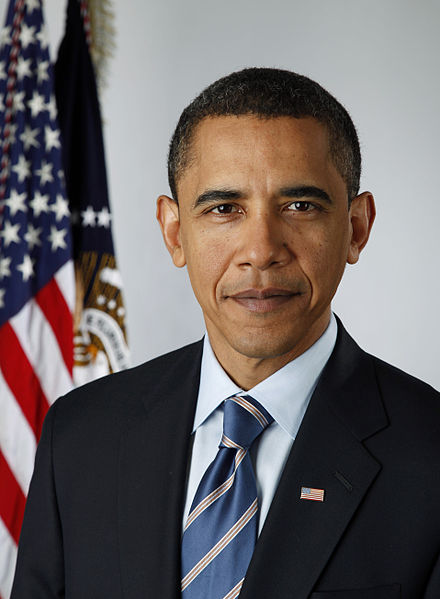
A recent example comes from President Obama’s rhetoric on income inequality and minimum wages. His argument calls for investments – otherwise known as tax increases to offset new government spending – in education and infrastructure, while increasing the minimum wage and strengthening the government-provided social safety net. This is nothing new, however. According to Reagan, liberalism includes “an increasing number who can’t see a fat man standing beside a thin one without automatically coming to the conclusion the fat man got that way by taking advantage of the thin one.” Thus, those who have more must pay their fair share in order for those who have less, so those less well-off individuals can reach an economic level the general government deems acceptable. In short, Obama’s rhetoric is simply the same tune with different lyrics. It is, however, dangerous to give in to such lofty words and fail to see the liberal purpose behind them: exchanging freedom for the general government’s idea of security.
Such is the need to remember Reagan’s historic 1964 speech. There is no denying that America continues to fall into tyranny. Though softly at first, it will undoubtedly continue until it becomes a harder one. Ronald Reagan warned us to, “Recognize that government invasion of public power is eventually an assault upon your business.” It is evident that we are at this point. Our current president rules by executive fiat, whether by ignoring judicial rulings or through the use of executive orders. An expansive administrative branch permeates the government and creates regulations that bind the American people and their self-interest. Congress unjustly gives up the power to legislate, which is delegated to them by the people. With all these problems, however, we must not lose hope. We cannot stray from the idea that America still has goodness left in it. As Pope Pius XII said, “The American people have a great genius for splendid and unselfish actions. Into the hands of America God has placed the destinies of an afflicted mankind.” Once we remember our history and the purpose of America’s place in the world, we can once again “be as a city upon a hill.”
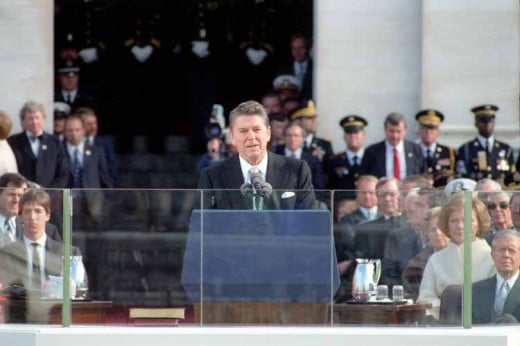
Ronald Reagan was neither a perfect man nor a perfect politician. It would be wrong to place him on a pedestal or use him as a measuring stick for current conservative pols. However, we must remember his place in the American political realm. One might say that he was the last president who truly carried the music of America with him. By this, I mean that he knew and understood America; it’s history, and its place in the world. He also recognized the beacon of light America could be for oppressed people everywhere, along with the economic freedom that could lift millions from poverty. And that is why we must remember the political gem that is Reagan’s 1964 speech.
The lasting theme from “A Time for Choosing” is freedom. Freedom to worship God; freedom that attracts hard-working immigrants to our country; the freedom to engage – or not engage – in economic activity; that is what this speech declares. We must not let our forefathers or their history die in vain from our memory. President Reagan knew this well; he famously said, “Freedom is never more than one generation away from extinction.” Thus, we cannot pass it down passively to our children as one does with a family heirloom. No, it requires active participation to protect and preserve. Or as Reagan would say so eloquently almost 50 years ago,
"You and I have a rendezvous with destiny. We can preserve for our children this, the last best hope of man on earth, or we can sentence them to take the first step into a thousand years of darkness. If we fail, at least let our children and our children’s children say of us we justified our brief moment here. We did all that could be done."
Resources:
A Time for Choosing, The Speeches of Ronald Reagan, 1961-1982
Christi Parsons, L.A. Times. ‘Obama Turns Attention to Income Inequality,’ 2013
Reagan 2020*US, ‘A City Upon a Hill’ Speech, 1974
Reagan Foundation, Reagan’s Farewell Address, 1989
Ronald Reagan, ‘Encroaching Control’ Speech, 1961
The Avalon Project, Yale Law School, ‘Letters from an American Farmer,’ 1782
The Mayflower Compact, 1620
Comments Disclaimer
These are my thoughts on politics and government. Obviously, my ideas are built upon many millennia of political thought and tradition, including that found in early America. It is natural however, for others to have opposing views or different interpretations.
I will moderate comments before allowing them to appear. If you wish to dispute my points or be argumentative, write your own hub. The comment section is not for your use. Other comments may be allowed, so long as they further the hub’s original intent. Happy posting.



